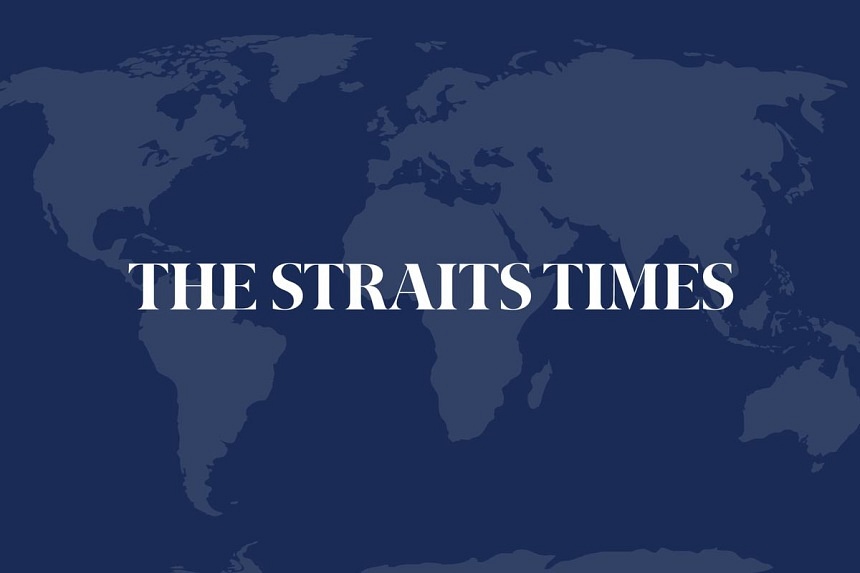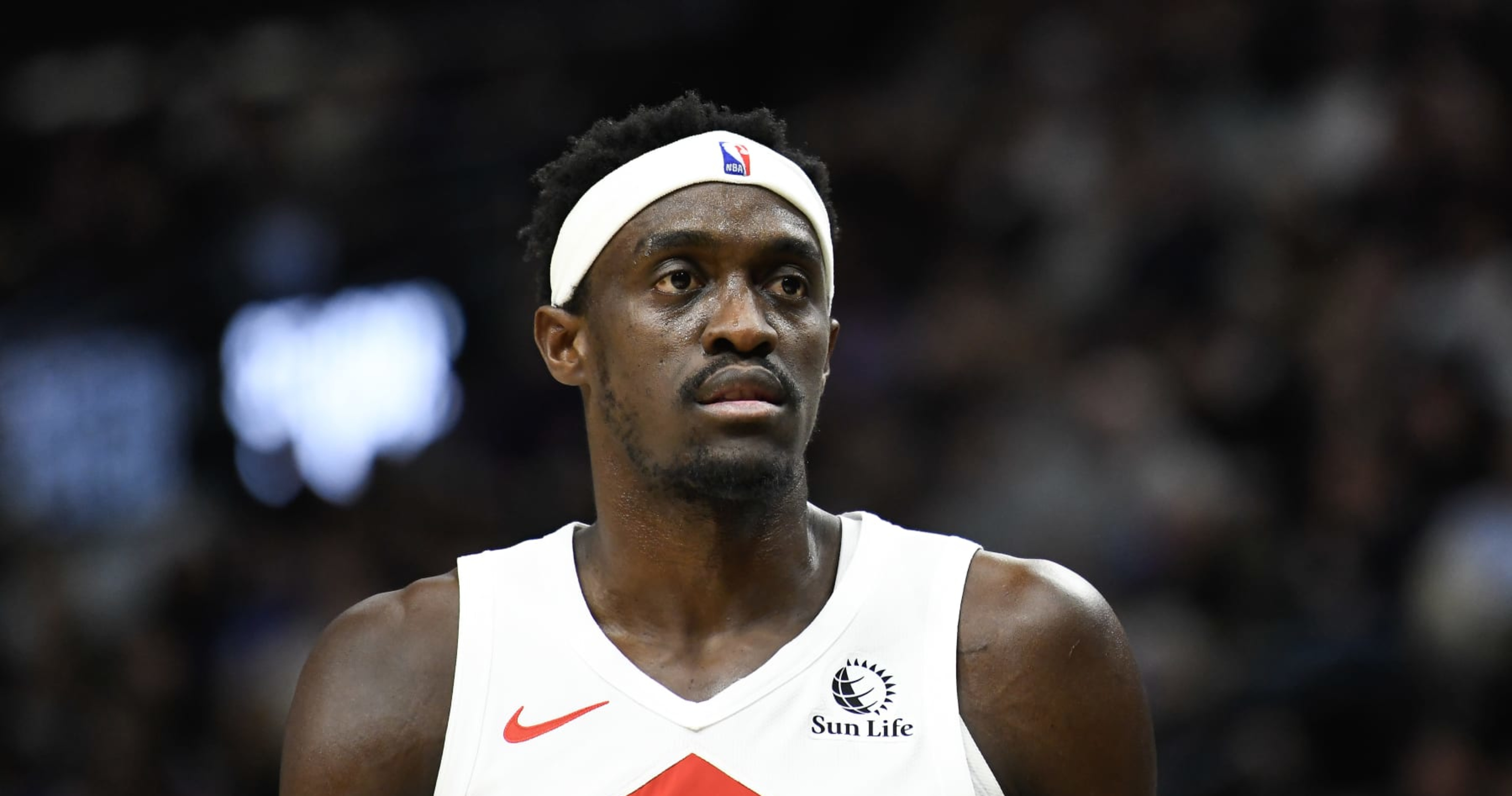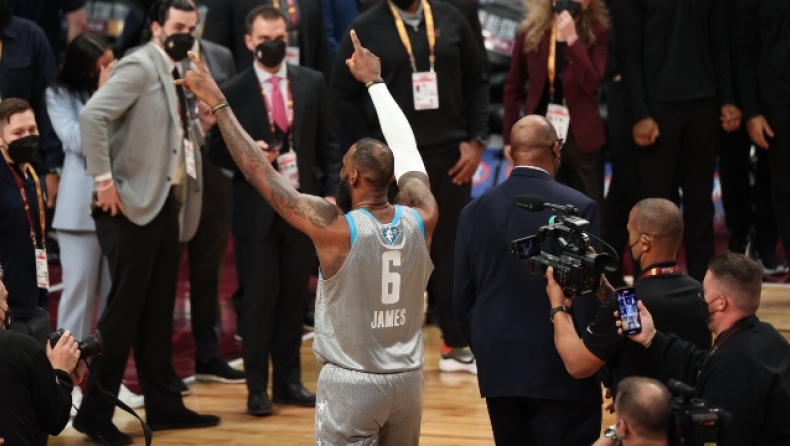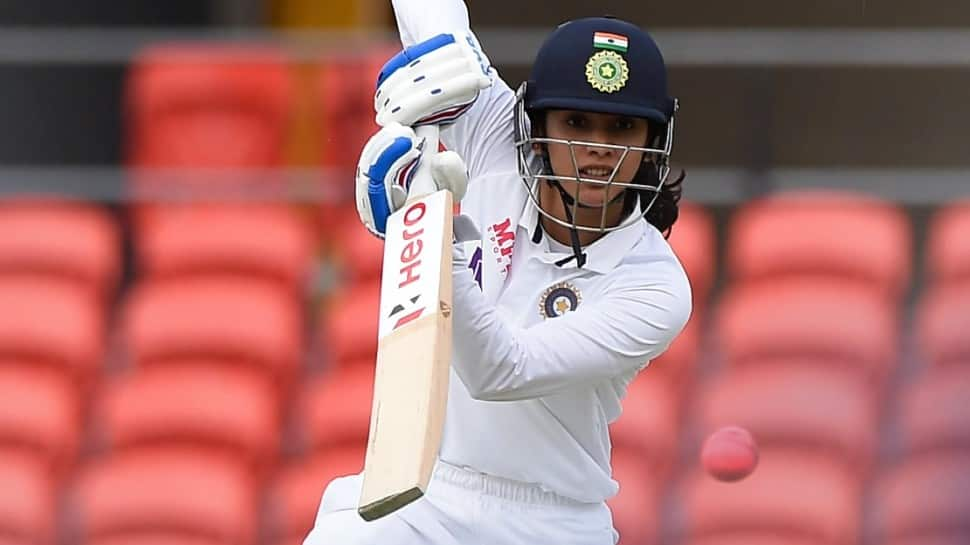
Joshua Sarner/Icon Sportswire via Getty Images
The New York Rangers’ lethargic Game 6 loss on Saturday ended a brilliant season with a demoralizing thud.
There is no simple way to frame this season. The Rangers were as good as they have been in 30 years. They won the Presidents’ Trophy and set several franchise records. And that’s despite some major injuries to key players.
The Blueshirts made it through the first two rounds of the playoffs with just two losses and ensured nostalgic longevity thanks to four overtime winners and Chris Kreider’s career-defining Game 6 Hat Trick to advance past Carolina.
They did not win the Stanley Cup, nor did they even make it to the final round. This was not a meltdown against a lesser team. There’s no shame in losing to this Panthers team that finished with 110 points and is headed to the Final for the second straight season.
More concerning is that this failure looked a lot like the previous two eliminations. The Rangers were unable to move the puck out of their zone and past the opponent’s neutral-zone setup. Rush offensive completely evaporated and, when the Rangers were able to retrieve the puck in the offensive zone, they couldn’t penetrate the Panthers’ interior. In truth, the story wasn’t so different against Carolina, but this time, the power play dried up and could not bail the team out.

Bruce Bennett/Getty Images
It’s not merely that the Rangers scored fewer than two goals for the third-straight eliminating game. They didn’t look like they going to generate anything offensively yet again. Panarin’s last-gasp effort to pull the Rangers within one came with the goalie pulled, meaning that the Rangers did not score a single five-on-five goal in Games 5 and 6.
General Manager Chris Drury barely touched the roster last offseason and bet that new hire Peter Laviolette could get something different from this group in the playoffs. In some sense, he did. In the greatest sense, the same problems persisted. With all the lifelines spent on this locker room makeup, changes now have to come.
On the other hand, this team did win the Presidents’ Trophy and came within two games of the Stanley Cup Final. There are a few ways the Rangers can be a better team next season and many ways they can be worse. This is not a scenario where the team must blow up the core. Nor does it help the Rangers to banish players out of frustration as a matter of therapy for the undesired playoff outcome. Change is coming, but those changes must be based on reason rather than emotion.
Dissecting the Defense
Laviolette’s teams in the past have, if nothing else, moved the puck out of their end and into the offensive zone.
Though the Rangers did improve in that respect under his tutelage, they still struggled compared to the rest of the league in this respect. And while playoff hockey has a reputation for favoring brutes, it’s hard to miss the heavy presence of puck-movers atop the Panthers’ blue line in Gustav Forsling, Aaron Ekblad, Brandon Montour, and Oliver Ekman-Larsson. All doubt is removed regarding coaching. This is a personnel issue.
The discussion can only start with Jacob Trouba. Yes, because he is captain.
More importantly, he hasn’t played great hockey. Nobody is doubting his work ethic, his attitude, or his character. But Laviolette is the third head coach for whom Trouba has played in New York and his output doesn’t come even close to matching his $8 million cap hit. His three goals and 19 assists in 68 games would be acceptable for a second-pairing defenseman who does other things at a capable level.
But big hits aside, Trouba is the Rangers’ worst defenseman at preventing zone entries. He does not move the puck well from his own end. His bad footwork results in poorly timed pinches and opponents beating him down the ice. Trouba took 11 penalties this postseason. No other defenseman for a Conference Finalist has been tagged with more than six.

Bruce Bennett/Getty Images
It’s hard to imagine many teams wanting Trouba at an $8 million cap hit for the next two seasons. If any do, his 15-team no-trade clause makes trading him all the more difficult. If the Rangers decide to pull the plug on their captain, it may have to be done via a buyout.
Ryan Lindgren is at an inflection point. The 26-year-old is a restricted free agent with arbitration rights. Though he has been a tremendous shutdown defenseman alongside Adam Fox for years, he played the worst hockey of his career this season. To be fair, he dealt with injuries throughout the season and that likely hampered him.
Of course, the Minnesota native is known for his warrior-like playing style and willingness to endure pain to make a play. While incredibly admirable, this type of player does not usually age well. The Rangers have to weigh his value should he return to form versus the risk of giving a big contract extension to a player who may become a liability.

Peter Joneleit/Icon Sportswire via Getty Images
Zibanejad Takes the Center of Attention
The Rangers also have major questions to answer at center. Mika Zibanejad had good and bad moments during the playoffs, but the bad moments were in line with a truly disappointing regular season. The former 91-point producer had just 26 goals and 46 assists this season, with cratering even-strength play to blame. The Swede registered a pitiful eight goals and 17 assists at five-on-five all season. Laviolette tried several different wingers alongside him and Kreider all season and in the playoffs with no answers.
It’s fair to question whether Zibanejad is a true first-line center for an elite team. Even at his best, he’s not Sasha Barkov or Jack Hughes. If the Rangers did move his $8.5 million cap hit, it would open up room for maneuvering. But Zibanejad has a full no-movement clause and is a caliber of player that’s very hard to find.
The best centers who may be available to the Rangers via trade or free agency — Trevor Zegras, Elias Lindholm, Matt Duchene — represent downgrades. All options must be explored, but most likely Zibanejad is sticking around. He and the coaching staff need to have some tough conversations and find a way to get him back to offensive-driving, point-per-game form next season.
Finding More Depth at Right Wing
It wouldn’t hurt to find a real, permanent solution at first-line right wing. Cap problems and an uncooperative trade market mean that the Rangers were searching on the fringes for solutions. Laviolette’s usage of center Alex Wennberg on the right side of that line in the Game 6 defeat is indicative of how desperate he was to find an option that worked. There will be options available to the Rangers, but that will require cap space.
Kaapo Kakko seems to be a likely casualty in that regard. There is plenty of blame to go around for his inability to live up to his second-overall billing. Despite this, the 23-year-old is a good possession driver and an injury derailed his season. If he has peaked as a player, then he is a solid third-line winger who can bounce up the lineup.
But Laviolette scratched the winger once during the playoffs and the restricted free agent is due for a raise from his $2.1 million cap hit. Highly regarded prospect Brennan Othmann will be pushing hard for a roster spot next training camp and would be a natural fit on the third line. There is a place for Kakko on a winning NHL team, but the Rangers may be better off allocating that money for a true first-line wing.

Peter Joneleit/Icon Sportswire via Getty Images
Barclay Goodrow should also be heavily considered for departure. The two-time Cup winner saved face with an impressive six goals in the playoffs, including an overtime winner. Shooting 40 percent is a fluke, though, and in truth, his line got buried most nights. He totaled just 12 points in the regular season. Even considering the most generous interpretation of Goodrow’s game, the team simply cannot afford a $3.6 million cap hit on the fourth line.
There will be other decisions to make. Braden Schneider is also a restricted free agent, though he was a bright spot all season long and will be locked up. Will Zac Jones replace Erik Gustafsson on the third pairing? Is it wrong to assume that all of Panarin, Kreider, or Miller are locked to stay?
The Rangers are on the precipice of a Stanley Cup. The trick is that the answers for how to get over the hump don’t lie in the margins. Management will have to fix this team’s identity at even strength. Doing so will require a few intrusive changes to the roster.
Note: This article have been indexed to our site. We do not claim legitimacy, ownership or copyright of any of the content above. To see the article at original source Click Here












